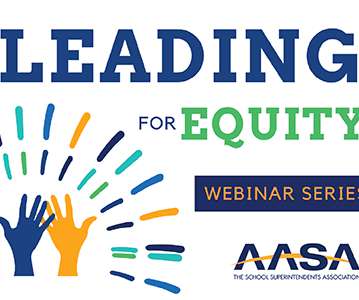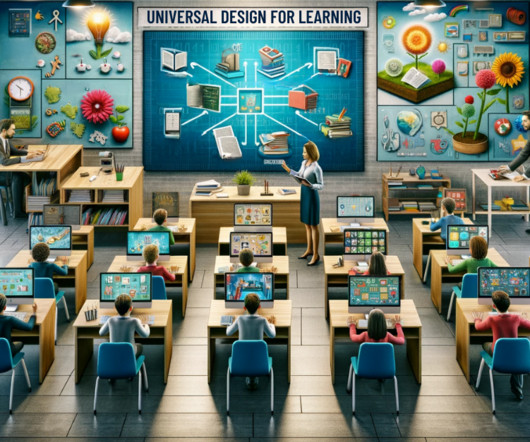U.S. K-12 Educational Technology Policy: Historical Notes on the Federal Role
Doug Levin
APRIL 21, 2016
FY 2003 $700,500,000. In addition, using technology to improve student outcomes is a key priority in the Race to the Top and Investing in Innovation (i3) programs. FY 2013 $0. The Effectiveness of Educational Technology: Issues and Recommendations for the National Study (Mathematica Policy Research, 2003). FY 2014 $0.















Let's personalize your content